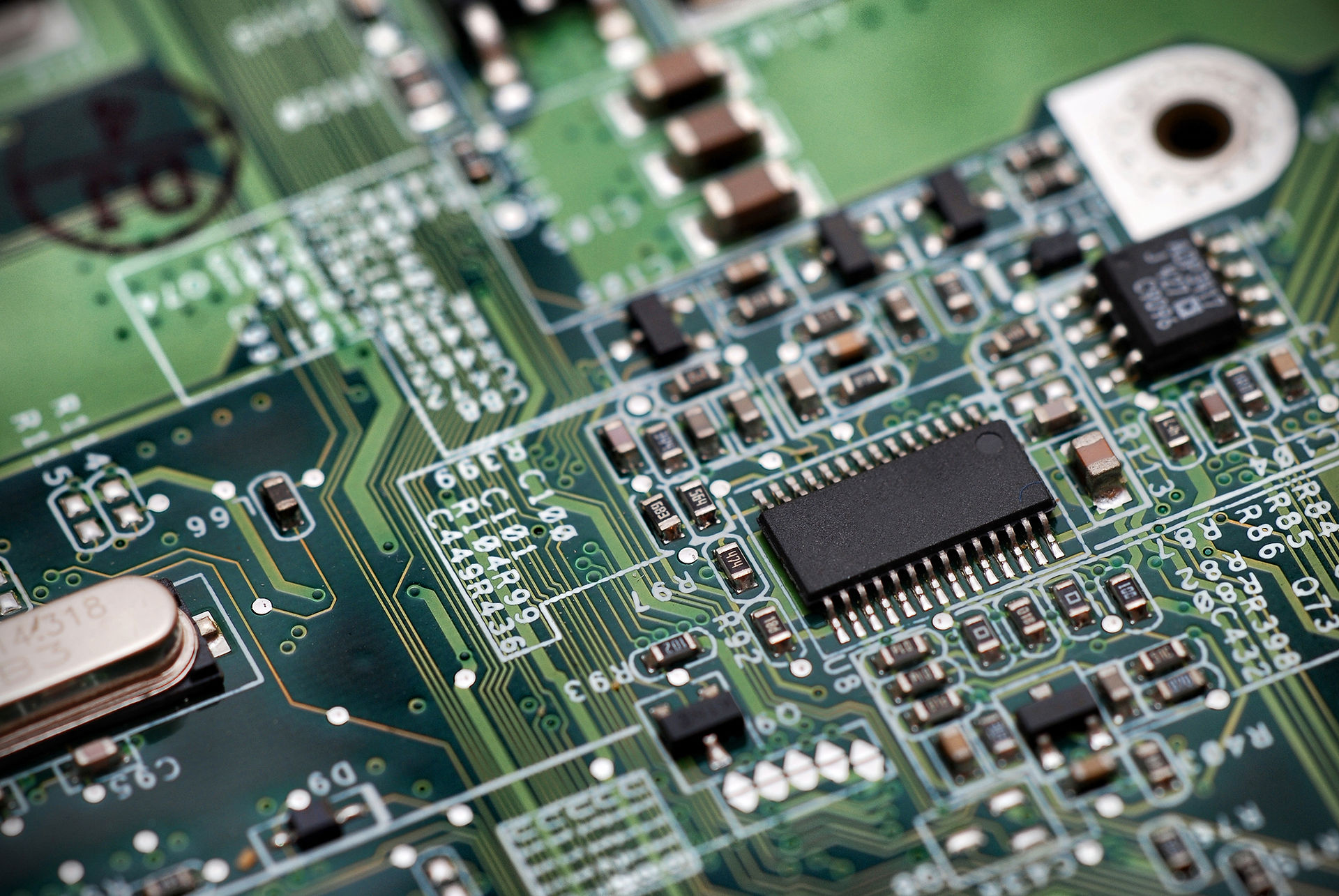What Is E-Waste and Why Commercial E-Waste Recycling Matters?
- Gamma2 Access
- Jun 10, 2025
- 4 min read
Updated: Jun 30, 2025

Purpose: E-waste is a growing issue many businesses overlook. But as Arizona’s tech economy grows, so does the volume of discarded electronics. In this blog, we’ll break down what e-waste is, why it matters, and how commercial organizations can take smarter steps toward sustainability through commercial e-waste recycling.
Table of Contents
1. What Is E-Waste?
E-waste stands for electronic waste. It includes any broken, outdated, or unwanted electronic devices that are no longer useful for their original purpose. These might be:
Obsolete computers and laptops gathering dust in storage
Cracked smartphones and forgotten tablets
Outdated networking switches or cables no longer compatible with new systems
Office printers, monitors, or scanners that no longer meet speed or quality expectations
This category of waste grows rapidly, especially in fast-moving industries. "Can’t we just toss these in the regular trash?" Absolutely not. E-waste can leak harmful chemicals like lead and mercury into soil and water.
Beyond pollution, electronic waste often contains recoverable metals such as gold, palladium, and copper. Recycling helps retrieve these materials, reducing the need for new mining and supporting a circular economy.
Understanding what qualifies as e-waste—and how to properly manage it—is the first responsible step toward both environmental and business sustainability.
Computers
Servers
Phones
Printers
Monitors
Networking gear
“What’s considered e-waste in a tech office?”
Anything with a plug or battery that’s no longer in use is e-waste. It’s more than just junk—it’s equipment that often contains metals, chemicals, and sensitive data.
The rise of cloud-based workflows, hybrid teams, and short hardware cycles has only increased the amount of tech that becomes obsolete every year. From outdated VoIP phones to malfunctioning kiosks, these items don’t belong in a trash bin.
Proper disposal prevents both environmental harm and data theft. It also helps reclaim rare earth metals critical to the production of future technologies.
In short: understanding what qualifies as e-waste is the first step toward meaningful change.
2. Why E-Waste Is a Big Deal for Businesses
Arizona is one of the fastest-growing tech hubs in the U.S. As startups and corporations expand, old devices pile up fast.
Why this matters:
Environmental impact: Many devices contain lead, mercury, or cadmium.
Data risks: Devices tossed in dumpsters still store private files.
Legal compliance: Regulatory fines can hit companies that ignore e-waste laws.
Commercial e-waste recycling solves all three issues with one streamlined action.
3. What Happens When You Recycle Commercial E-Waste?
A trusted recycling partner will follow a secure, traceable process:
Pickup or drop-off: Businesses schedule pickup or use a certified e-waste drop-off center.
Data destruction: Devices are wiped or shredded to protect confidential data.
Sorting and grading: Functional parts are reused, others recycled.
Reintegration: Extracted materials go back into new products.
This keeps toxic waste out of landfills and recirculates valuable metals like gold, silver, and copper.
4. Risks of Ignoring E-Waste Protocols
“Isn’t it okay to throw out just a few old computers?”
Even small amounts can cause big problems:
Environmental fines from improper disposal
Negative PR if data leaks from unsecured devices
Space waste—old tech clogs up valuable office real estate
Recycling e-waste through a qualified vendor prevents these headaches.
5. Smarter Steps for Business Recycling
To create a cleaner, safer recycling routine, start with these strategies:
Designate a recycling officer: Assign one point person for electronics recycling.
Set schedules: Monthly or quarterly reviews help track device lifecycles.
Use verified vendors: Look for R2, e-Stewards, or similar certifications.
Ask the right questions:
“Will our data be destroyed on-site?”
“Do you provide a chain of custody report?”
"Can you help with inventory or asset recovery?”
6. Reflect
We work with businesses of all sizes that are ready to take ownership of their tech waste. By choosing commercial e-waste recycling, companies not only meet their compliance obligations—they also build more sustainable, ethical operations.
So, what is e-waste to you? At its worst, it’s a risk. At its best, it’s an opportunity to lead.
Frequently Asked Questions (FAQs)
What types of businesses benefit most from commercial e-waste recycling?
Any business with computer systems, networking equipment, or mobile tech—especially IT firms, schools, medical offices, and government contractors.
How often should a business schedule e-waste pickups?
Most companies benefit from quarterly or bi-annual pickups, depending on device turnover and storage capacity.
Is there a cost for e-waste recycling?
Many items are recycled for free, but fees may apply for TVs, CRT monitors, or large-volume pickups. The long-term cost of doing nothing is often higher.
Does e-waste recycling guarantee data protection?
Yes—certified recyclers offer hard drive shredding, data wiping, and certificates of destruction.
Can we write off e-waste services as a business expense?
In many cases, yes. Ask your accountant how these services qualify under equipment disposal or sustainability practices.
Is e-waste the same as regular office waste?
Not at all. E-waste requires specialized handling to extract hazardous materials and recover valuable parts safely.






Comments